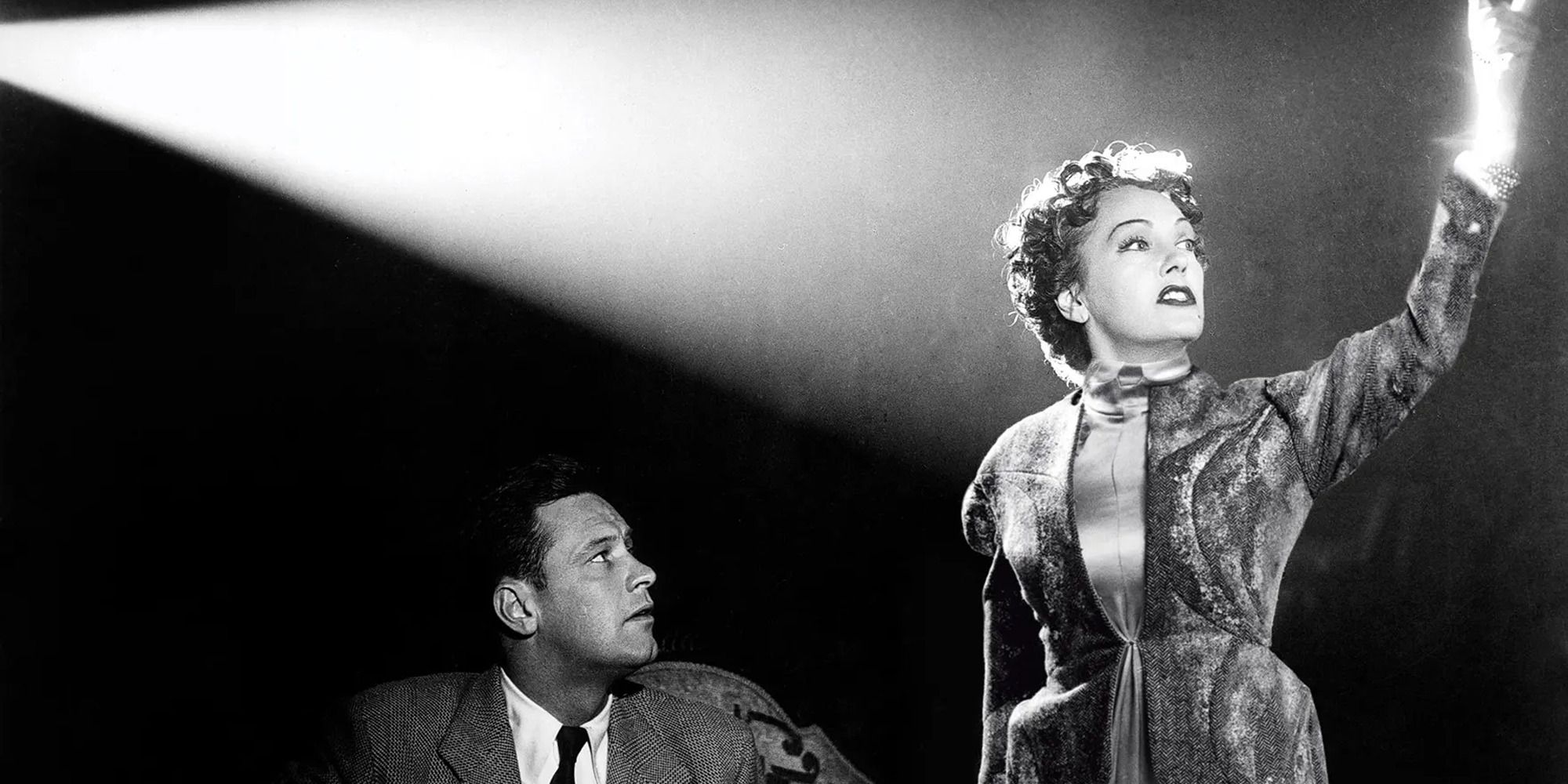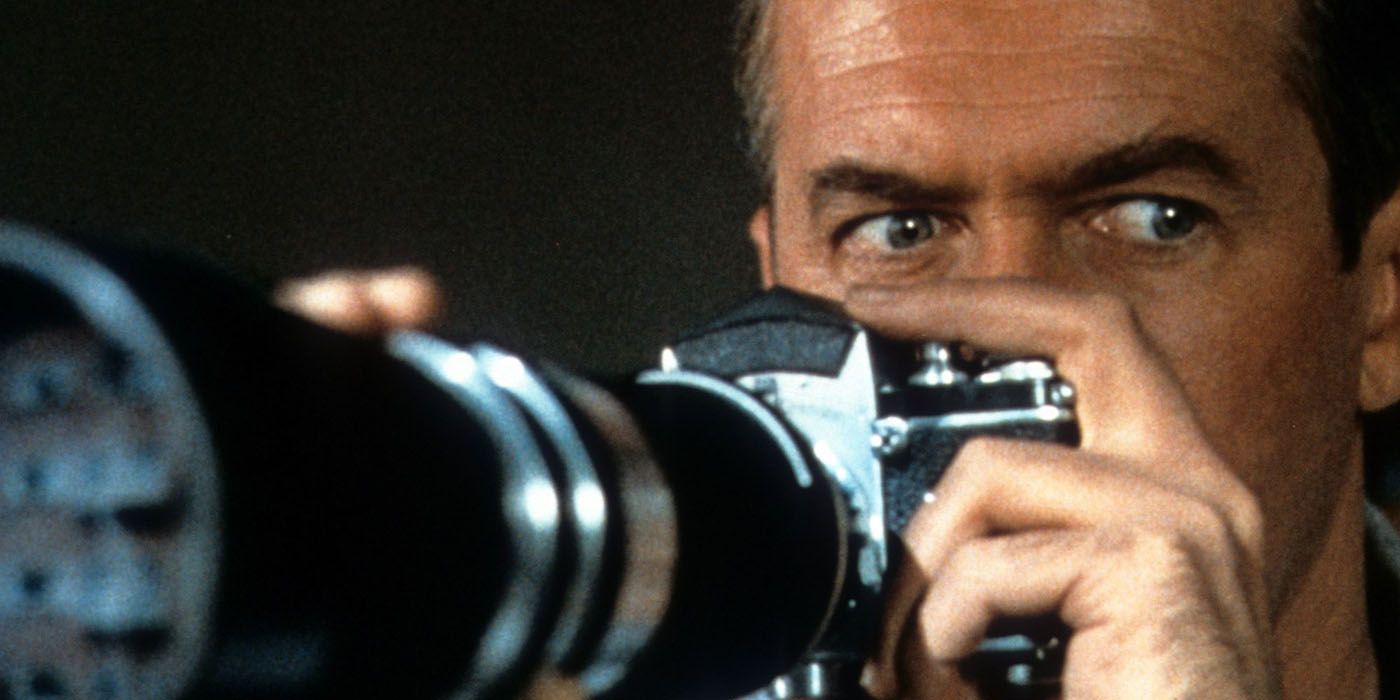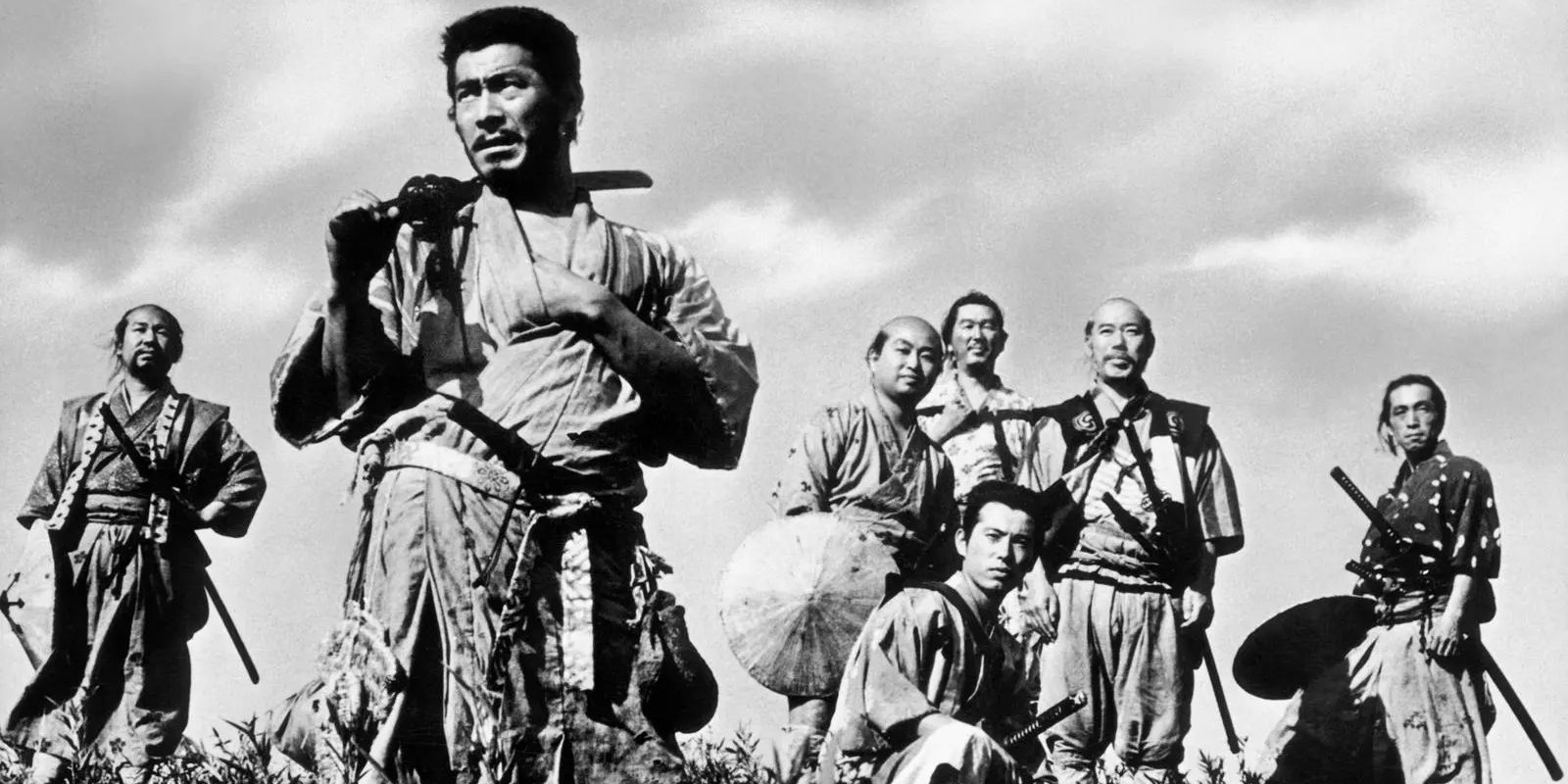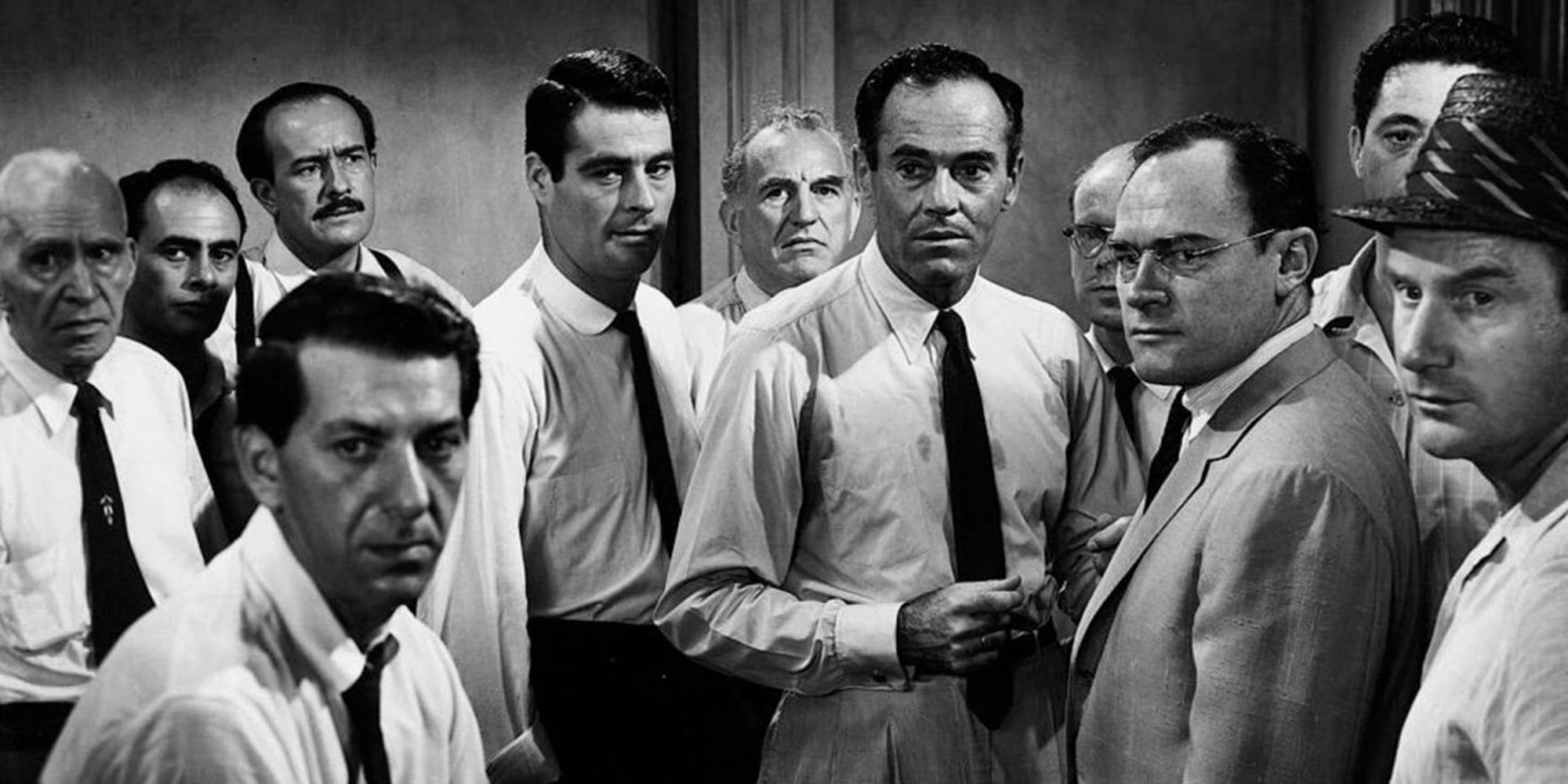The 1950s were a fascinating time for movies. Audiences were clamoring for more complex antihero characters, and the rise of television was leading movie industries worldwide to try and bring people back to theaters with expensive epics and attractive gimmicks. There was also much artistic innovation in the arthouse scene, with many of cinema history's greatest masterpieces being made during this period.
The decade saw countless technological advancements and new narrative conventions. It had auteurs like Alfred Hitchcock and Akira Kurosawa at the top of their game, delivering all sorts of masterpieces, from classic self-contained thrillers like Dial M for Murder to timeless action drama spectacles like Seven Samurai. Movie fans on IMDb have been sure to express their admiration for these classics on the site, proving that the '50s were an outstanding time for cinema.
20 'Tokyo Story' (1953)
IMDb Rating: 8.1/10
When general audiences think of Japanese cinema, they think of the usual renowned classics, but there are a wide variety of lesser-known gems in Japanese film if you know where to look. One of the country's most legendary and highly influential auteurs was Yasujirô Ozu, who revolutionized the craft with masterpieces like Tokyo Story. It's a drama about an old couple visiting their children and grandchildren in the city, where they're greeted with much disinterest.
Framed with Ozu's signature style of minimalistic, naturalistic filmmaking and storytelling, Tokyo Story is able to tell a story about family and generational conflict that's as moving as it is poignant. Capable of getting smiles as often as it generates heartbreak, it's a sober little tale whose punchy emotional power comes from the natural impact of its story, without the need for cheap melodramatic resources.
Tokyo Story
- Release Date
- March 13, 1972
- Director
- Yasujirô Ozu
- Cast
- Chishû Ryû , Chieko Higashiyama , Sô Yamamura , Setsuko Hara
- Runtime
- 136 minutes
19 'A Man Escaped' (1956)
IMDb Rating: 8.2/10
Legendary French director Robert Bresson was praised for the unique minimalist style that he built throughout his filmography. One of his best works is A Man Escaped, about a captured French Resistance fighter during WWII attempting to escape a Nazi prison. An essential French film that everyone should watch at least once, it's the perfect display of Bresson's tremendous skills as a filmmaker.
Don't let the spoiler-y title fool you: A Man Escaped is a film full of unexpected twists and surprises, all culminating in a phenomenal climax that ties everything together with a nice ribbon in the end. Electrifying in its approach to the prison break genre, it's a movie that greatly benefits from its stunning black-and-white visuals and from some of the best sound design of any film of the '50s.
18 'Ugetsu' (1953)
IMDb Rating: 8.2/10
Classic Japanese cinema isn't all about Kurosawa and Miyazaki, as outstanding Japanese directors like Kenji Mizoguchi proved with masterworks such as Ugetsu, about a pair of peasants whose quest to profit off of wartime runs the risk of destroying themselves and their wives. With some delightful fantasy strengthening this story about wartime and yearning, Mizoguchi crafted one of the most powerful movies Japan has ever produced.
Quiet and subtle yet incredibly potent, tragic yet undeniably beautiful, and a highly effective morality play, the film is praised on IMDb for the brilliant way in which Mizoguchi is able to mix an enthralling drama with creative fantasy elements. It integrates a fascinating ghost story into a classic historical tale, pleasing both history buffs and fantasy addicts, making it unsurprising that it's typically considered one of the best movies from the '50s.
17 'Umberto D.' (1952)
IMDb Rating: 8.2/10
The Italian Neorealism movement was one of the most defining film movements ever, capable of delivering stories as powerful as Umberto D., a simple drama about an elderly man and his dog struggling to survive on his government pension in Rome. Beautifully directed by Vittorio De Sica, one of the movement's leading artists, the movie is proof that movies don't need to stray too far from reality to be extraordinarily absorbing.
De Sica imbues his film with sociopolitical critiques that remain timely and universal even today, but that's not where the main power of Umberto D. comes from. Through a fascinating and endearing protagonist, one of cinema's most endearing dogs, and a beautifully told naturalistic story, the movie is a gut-wrenching experience with a gorgeous ending to cap it all off.
16 'Pather Panchali' (1955)
IMDb Rating: 8.2/10
In his highly acclaimed Apu Trilogy, one of the best movie trilogies of all time, Satyajit Ray (one of the greatest Indian directors of all time) created one of the most honest, raw, and intimate series of films ever created. In the slice-of-life coming-of-age that kicked things off in the series, Pather Panchali, an impoverished priest dreaming of a better life for his family leaves his rural Bengal village in search of work.
Reviewers on IMDb were surprised by how beautifully written, acted, and directed the movie was. Though it was made on a shoestring budget,Pather Panchali forever changed Indian cinema, and audiences today still resonate with its brilliance. Proving that Indian cinema (including Indian classics) is a realm as vast as Hollywood's with narratives that are just as universally compelling, Pather Panchali stands out as one of the most important films of the '50s.Watch on Criterion
15 'The Wages of Fear' (1953)
IMDb Rating: 8.2/10
The French classic The Wages of Fear is one of the best-ever winners of the Palme d'Or, the highest prize of the renowned Cannes Film Festival. It was responsible for giving director Henri-Georges Clouzot international fame, thanks to its thrilling and marvelously told story about four men transporting a nitroglycerine shipment in a decrepit South American village without the equipment to make it safe.
There are plenty of reasons why this is considered one of the greatest films of the '50s. Incredibly tense and entirely engrossing, it blends existential suspense with bleak satire in all the best ways, resulting in an absolutely unforgettable experience. It was a big influence on subsequent psychological thrillers and adventure dramas, which themselves became equally influential, so the legacy of The Wages of Fear will probably remain visible in cinema forever.
14 'All About Eve' (1950)
IMDb Rating: 8.2/10
As Hollywood started to put out darker films with more complex narratives and mature themes, Joseph L. Mankiewicz's All About Eve came to be. A psychological drama about ambition and manipulation, it's one of the earliest examples of outstanding feminist films, telling a story about a ruthless ingénue who insinuates herself into the lives of an aging Broadway star and her circle of theater friends.
The movie earned an impressive 6 Academy Awards, including Best Picture. Even then, its greatest merit is how timeless of a masterpiece it has proved to be, with modern audiences still praising Bette Davis' performance as one of the greatest of all time, and the film overall as one of the best dramas of Hollywood's classic era, an enthralling tale of deceit and betrayal where one never quite knows for sure who to trust.
All About Eve
- Director
- Joseph L. Mankiewicz
- Cast
- Bette Davis , Anne Baxter , George Sanders , Celeste Holm , Gary Merrill , Hugh Marlowe
- Runtime
- 138
- Main Genre
- Drama
13 'Rashomon' (1950)
IMDb Rating: 8.2/10
Akira Kurosawa is easily the most important and influential filmmaker Japan has ever given birth to, and overall the greatest. Many of the director's masterworks have entrenched themselves in the public consciousness, but few as deeply as Rashomon. It was the origin of the term "Rashomon effect", a storytelling device where the individuals involved in an event give contradictory interpretations of it.
Beautifully directed and helmed by a terrific performance by the legendary Toshirô Mifune, the movie is one of the actor's very best, with Rashomon being a celebration of the art of storytelling bolstered by a brilliantly written script about human nature and the unreliability of eyewitnesses. Its multi-perspective storyline had an immediate impact on film, an influence that can still be seen in the best multi-story films being made today.
Rashomon
- Release Date
- August 25, 1950
- Director
- Akira Kurosawa
- Cast
- Toshiro Mifune , Takashi Shimura
- Runtime
- 88
- Main Genre
- Drama
12 'Dial M for Murder' (1954)
IMDb Rating: 8.2/10
Praised as the master of suspense, Alfred Hitchcock made many seminal masterpieces that defined the genre. One of his best movies is Dial M for Murder, a classic thriller that has aged like fine wine. Following a former sports star who arranges the murder of his adulterous wife, it feels reminiscent of a mysterious and riveting stage drama, since it was based on screenwriter Frederick Knott's play of the same name.
Reviewers on IMDb praise the incredibly seamless way in which Knott was able to transfer the magic of his dialogue and tight story from the stage to the screen, with Hitchcock adding the unparalleled sixth sense that allowed him to build tension and drama like no other director before or after him. It's no wonder why this is considered one of the best movies of the 1950s, as it's a gripping thriller with a pacing that never lets up.
11 'Some Like It Hot' (1959)
IMDb Rating: 8.2/10
Some say that Billy Wilder was the best writer-director of Hollywood's Golden Age, praised for his ability to craft heartwarming romance, nail-biting noir-like suspense, and laugh-out-loud comedy. Some Like It Hot mixes all that and adds elements of a buddy comedy and classic rom-com for good measure. When it comes to talking about movies from the 50s, the conversation is never complete without praising this film.
Despite being a great success at the time of its release, one could argue that this classic was way ahead of its time. This means that Some Like It Hot has aged beautifully, being even funnier and more enjoyable today than ever before. The acting is terrific, the script is comedy genius, and Wilder's directing makes the reason for his fame quite clear. With something in it for everyone, from an endearing romance to a suspenseful crime plot, Some Like It Hot is a crowd-pleaser the way they don't make them anymore.
Some Like It Hot
- Release Date
- March 19, 1959
- Director
- Billy Wilder
- Cast
- Marilyn Monroe , Jack Lemmon , Tony Curtis , George Raft
- Runtime
- 121 minutes
10 'Ikiru' (1952)
IMDb Rating: 8.3/10
Akira Kurosawa's Ikiru is a surprisingly life-affirming movie about death that follows Kanji Watanabe, a middle-aged man who works as a bureaucrat in a local office and who is soon diagnosed with terminal cancer. He then resolves to find purpose in his life before his inevitable death. Takashi Shimura is terrific in the lead role, with a profoundly nuanced and poignant performance that should be able to shatter absolutely anyone's heart.
Ikiru is known for its profound exploration of the human condition and themes such as mortality, the search for meaning, and the frustrating fight against bureaucracy. The film's depiction of a man coming to terms with his own mortality and choosing to leave a lasting legacy behind becomes even more compelling and heartbreaking thanks to Shimura's stellar performance, as well as Kurosawa's virtually perfect directing and screenplay.
9 'Vertigo' (1958)
IMDb Rating: 8.3/10
Vertigo is perhaps Hitchcock's most famous psychological thriller, starring James Stewart as a retired police officer captivated by a woman he is paid to track. The narrative that follows is an intricate web of obsession, betrayal, and violence. One of Stewart's most iconic movies and one of Hitchcock's best, it's the perfect display of the master of suspense at his very best.
The film's outstanding storytelling, creative use of visual effects and thought-provoking examination of the concept of obsession are only a few of the reasons it has received such wide acclaim. Vertigo's portrayal of a man's descent into madness is both terrifying and fascinating, bolstered by Stewart's magnificent performance and a Kim Novak who's every bit as masterful in her role. Despite receiving mixed reviews upon its release, it has now come to be recognized as one of the best films of all time by fans and critics alike.
Vertigo
- Release Date
- May 28, 1958
- Director
- Alfred Hitchcock
- Cast
- James Stewart , Kim Novak , Barbara Bel Geddes , Tom Helmore , Henry Jones , Raymond Bailey
- Runtime
- 128
8 'Singin' in the Rain' (1952)
IMDb Rating: 8.3/10
Singin' in the Rain is widely regarded as one of the best and most influential musicals ever created, as well as one of the most delightful feel-good masterpieces of all time. It takes place in Hollywood during the transition from silent films to "talkies," and it chronicles the ups and downs of a fictitious Hollywood star (played by Gene Kelly, who also co-directed the movie with Stanley Donen) as he tries to catch up with the industry's rapid transformation.
Its creative choreography and captivating musical performances made it a true standout. The musical portions in the film, notably the "Singin' in the Rain" and "Broadway Melody Ballet" scenes, are still considered landmark moments in cinema today, with a noteworthy influence on countless future musicals. Add to that some exquisitely colorful visuals and a story that functions as a love letter to classic filmmaking, and you get one of the 1950s' best movies.
Singin' in the Rain
- Release Date
- April 10, 1952
- Director
- Stanley Donen , Gene Kelly
- Cast
- Gene Kelly , Donald O'Connor , Debbie Reynolds , Jean Hagen
- Runtime
- 103 minutes
7 'North by Northwest' (1959)
IMDb Rating: 8.3/10
Starring the ever-charming Cary Grant, Hitchcock's North by Northwest tells the story of an advertising executive who is misidentified as a government spy and becomes entangled in a dangerous game of espionage. There are several memorable scenes in the film, from the iconic sequence of Grant running away from a crop duster to the gripping finale that takes place atop Mount Rushmore.
With its flawlessly choreographed action, clever dialogue, and imaginative use of tension, North by Northwest has become a renowned entry in the auteur's filmography, widely regarded as one of Hitchcock's best films and one of the best thrillers of all time. It had a great influence on the spy action genre that can still be felt today, and it's every bit as fun as the genre's best modern examples.
North By Northwest
- Release Date
- December 18, 1959
- Director
- Alfred Hitchcock
- Cast
- Cary Grant , Eva Marie Saint , James Mason , Jessie Royce Landis , Leo G. Carroll , Josephine Hutchinson
- Runtime
- 136 minutes
6 'Paths of Glory' (1957)
IMDb Rating: 8.4/10
One of Stanley Kubrick's first films and one of the best '50s movies, Paths of Glory follows a commanding officer during World War I, defending three scapegoats on trial for a failed offensive. As an early display of the natural talents of the man who would go on to be considered the greatest filmmaker of all time by many, it's a terrific anti-war drama of tremendous emotional and intellectual power.
Maybe one of the most affecting, profound, and sympathetic films the genre has ever seen, Paths of Glory shows the nightmarish effects of war by diving headfirst into the human condition. Its bleak tone and mesmerizing atmosphere serve to enhance the narrative's power, which doesn't shy away from depicting the inhumanity and horrors of war contained within a relatively limited scope.
5 'Witness for the Prosecution' (1957)
IMDb Rating: 8.4/10
For proof of Billy Wilder's brilliance as a writer-director, look no further than Witness for the Prosecution, a dramatic courtroom thriller about a British lawyer who has to defend his client in a particularly eventful murder trial. With a star-studded cast featuring Oscar-nominated performances from Charles Laughton and Elsa Lanchester, as well as one of Marlene Dietrich's best-known roles, it's a must-see for movie lovers.
Witness for the Prosecution is as much of a mysterious courtroom drama as it is an exhilarating thriller, full of Wilder's typical delightful dialogue and fascinating characters. It's an adaptation of a popular Agatha Christie book, and is often regarded as the best adaptation of her work ever put to the screen, as well as one of the best courtroom dramas of all time.
4 'Sunset Boulevard' (1950)
IMDb Rating: 8.4/10
Another Billy Wilder masterpiece, Sunset Boulevard is an engrossing film noir about a screenwriter who has to write a movie for a former silent film star who has faded into obscurity. One of the best-ever films about writing, as well as perhaps Wilder's best and most popular movie, it's a surprisingly bleak and complex drama for a film made during the '50s.
It's both astonishing and concerning that a film made over 70 years ago has a message about the destructive nature of Hollywood that still holds up today. Atmospheric, dark, wonderfully written, and featuring in Gloria Swanson's Norma Desmond one of the best acting performances of all time and one of cinema's most fascinating characters, Sunset Blvd. is more than worthy of its high score on IMDb.
Sunset Boulevard
- Release Date
- August 10, 1950
- Director
- Billy Wilder
- Cast
- William Holden , Erich von Stroheim
- Runtime
- 110 minutes
3 'Rear Window' (1954)
IMDb Rating: 8.5/10
Rear Window was one of the most popular movies in the 1950s, and that hasn't changed to this day. It's about a photographer played by Jimmy Stewart, who's confined to his apartment after breaking his leg. One day, he begins to suspect that a neighbor across the courtyard may have murdered his wife. The kind of edge-of-your-seat thriller that only Hitchcock could have possibly made, it's considered one of the genre's best examples.
Hitchcock was pretty much at the pinnacle of his career when he made this movie, and it's one of the most compelling mystery films you'll be able to find. Full of intrigue and perhaps the most stunning visuals of any film by the director, Rear Window is widely regarded as one of Hitchcock's finest works. In a year full of timeless masterpieces, this one stands out as one of the best.
Rear Window
- Release Date
- September 1, 1954
- Director
- Alfred Hitchcock
- Cast
- James Stewart , Grace Kelly , Wendell Corey , Thelma Ritter , Raymond Burr
- Runtime
- 112 minutes
2 'Seven Samurai' (1954)
IMDb Rating: 8.6/10
Even if you haven't heard about Akira Kurosawa's Seven Samurai, you're bound to be familiar with the story, as it has been recreated by the likes of The Magnificent Seven and even Pixar's A Bug's Life. It's an epic about seven samurai who arrive to protect a small village as they're going through hard times. Kurosawa was perhaps the greatest exponent of the samurai genre in cinema, and this film is perhaps the best in the samurai genre.
Carefully told and thoroughly interesting from beginning to end, making itself more than worthy of its daunting runtime, it's never excluded from any curation of the best 1950s movies. Kurosawa's capability of making such an ambitious historical epic feel intimate and self-contained is nothing short of incredible, and the fact that there isn't a single dead spot in this character-focused action drama is just as admirable.
Seven Samurai
- Release Date
- April 26, 1954
- Director
- Akira Kurosawa
- Cast
- Toshiro Mifune , Takashi Shimura
- Runtime
- 207 minutes
1 '12 Angry Men' (1957)
IMDb Rating: 9.0/10
With an airtight script and an admirably phenomenal cast, Sidney Lumet's feature directing debut, 12 Angry Men, shows a juror played masterfully by Henry Fonda trying his hardest to convince his colleagues to reevaluate the evidence in a complex murder case. This is perhaps the best directing debut of all time, kicking off the career of one of Hollywood's greatest masters.
The film that takes the top spot in IMDb's list of the best movies of the 50s takes place almost entirely in a single set and appears to happen in real time, with a relatively limited cast and a focused story. And yet, 12 Angry Men is one of the most elaborate and profound dramas ever made, where each of the jurors' preconceptions about the trial, the accused, each other, and themselves slowly shed a light on the film's engrossing themes.


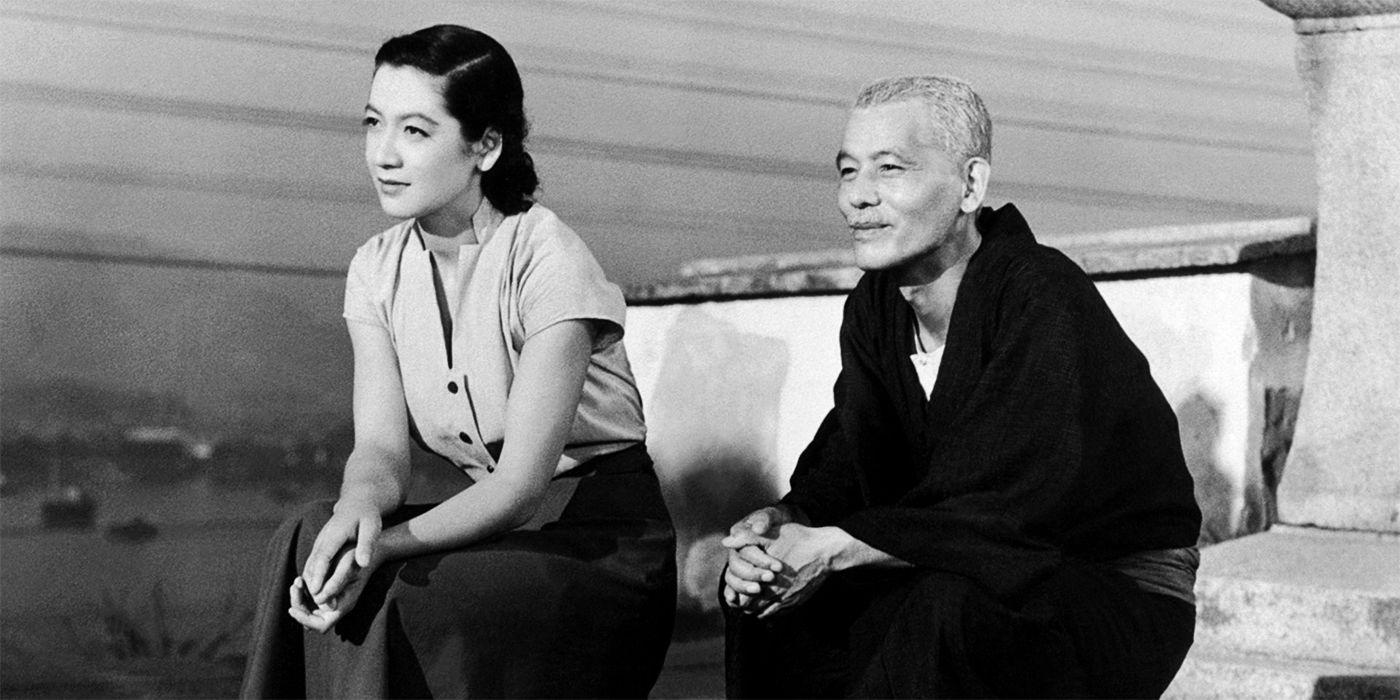
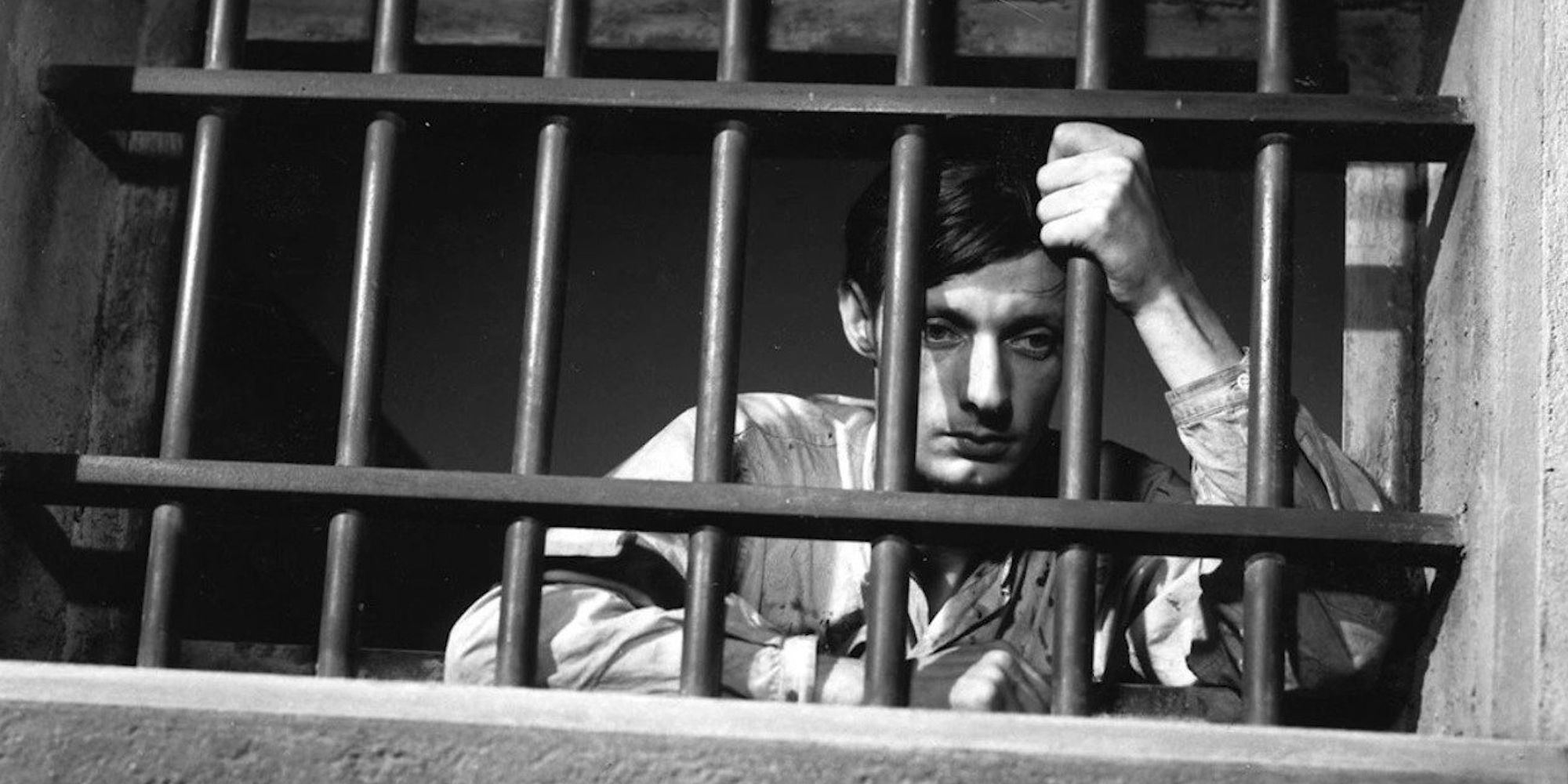
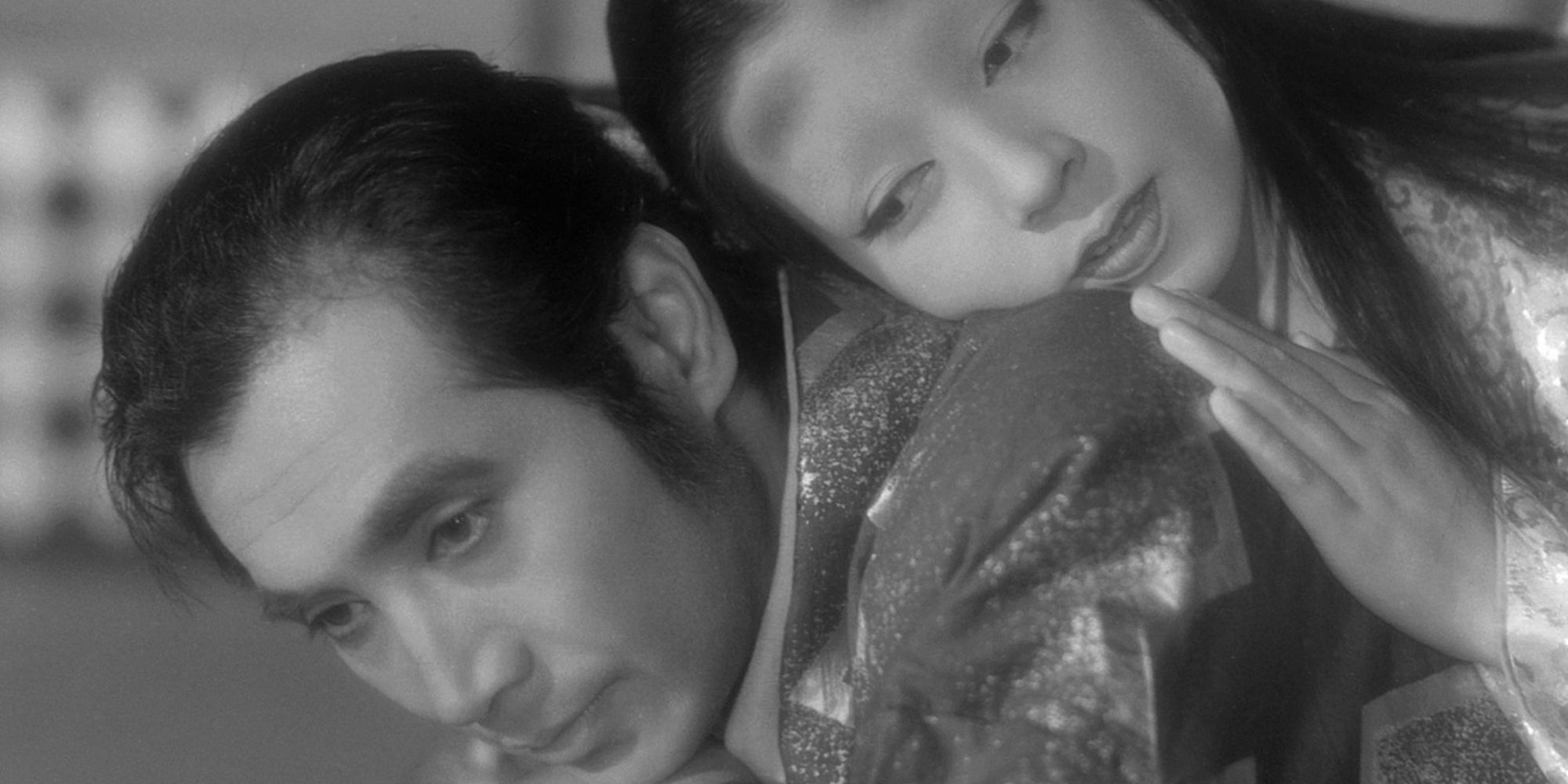
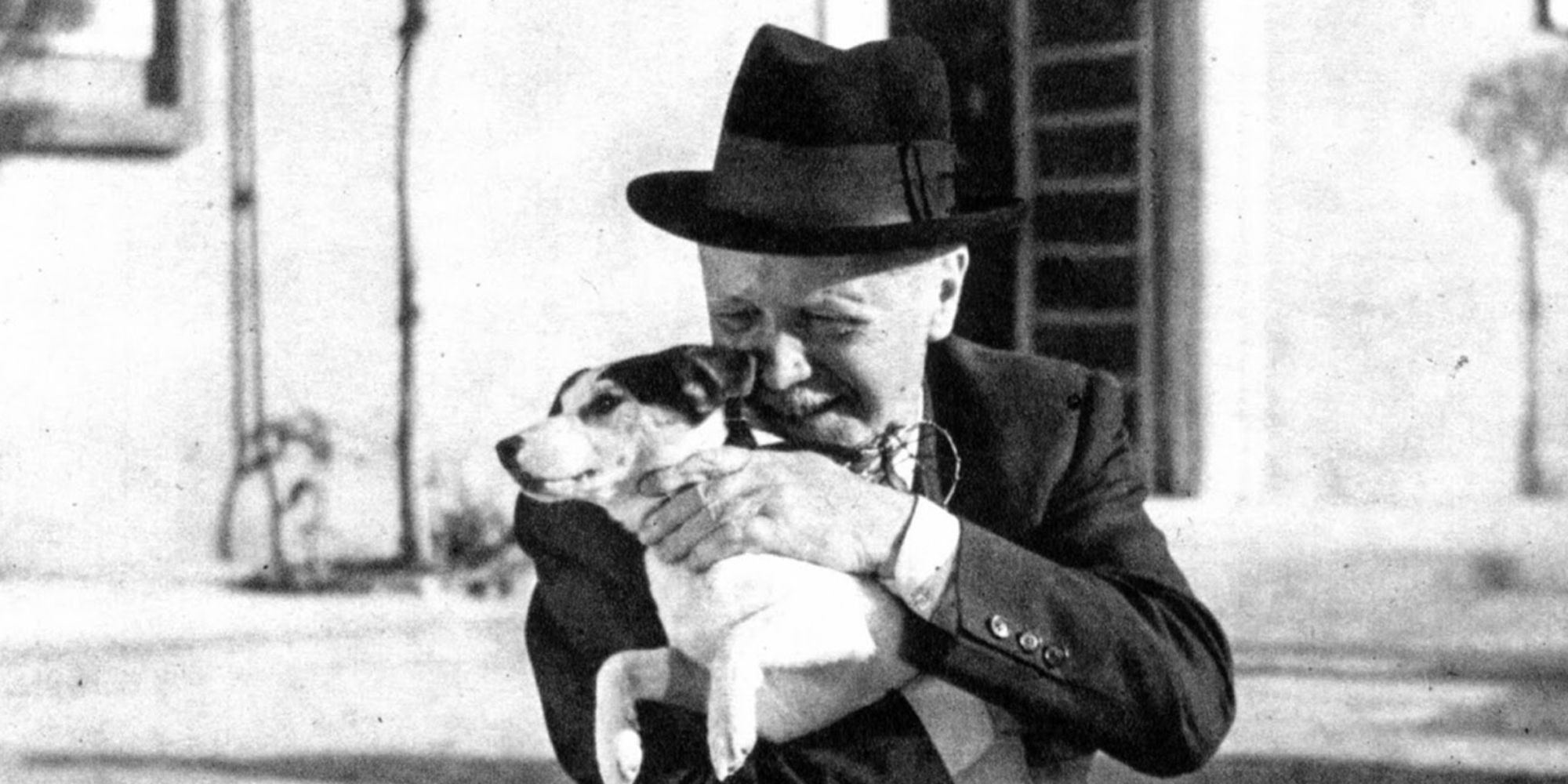
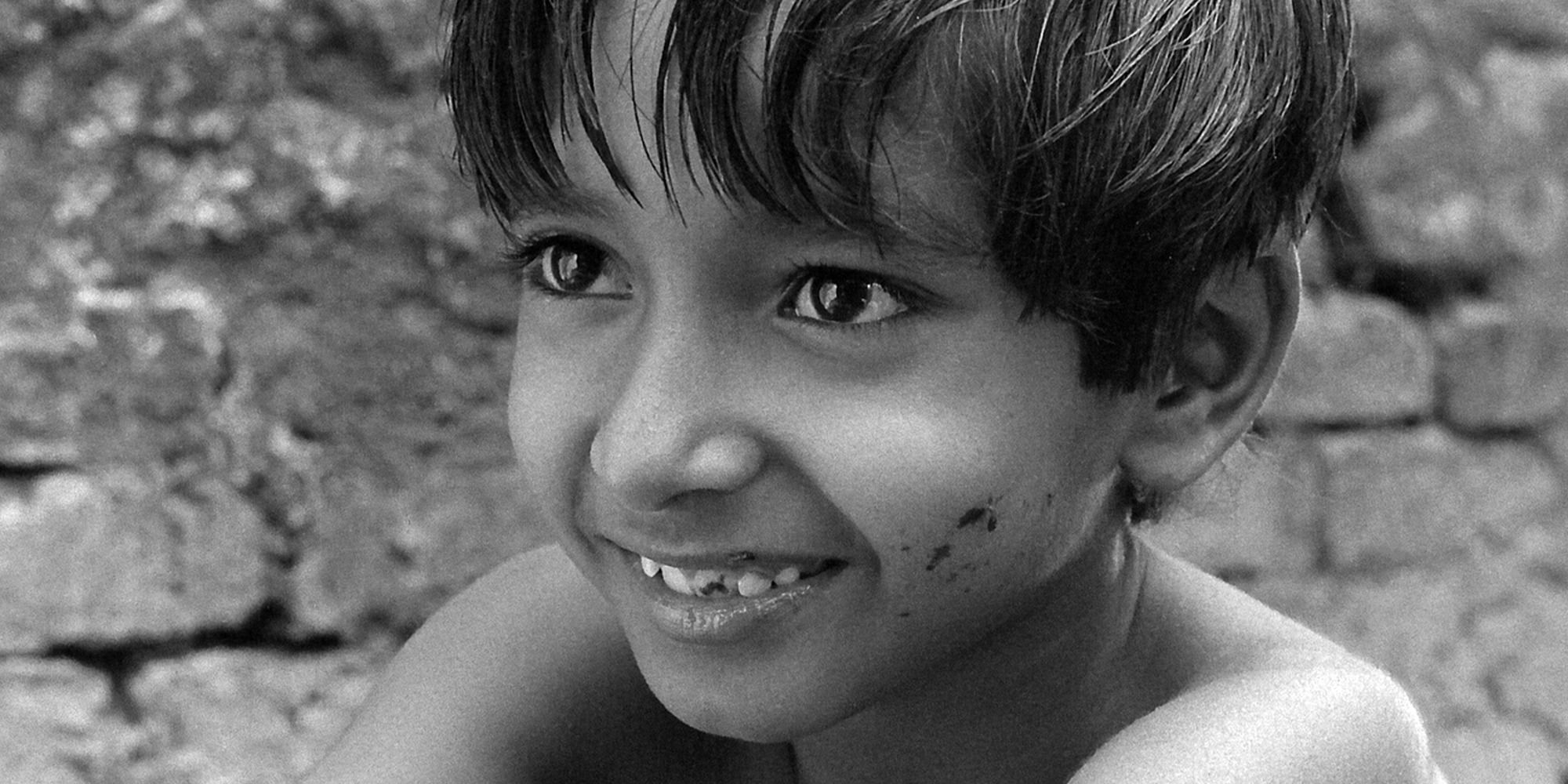
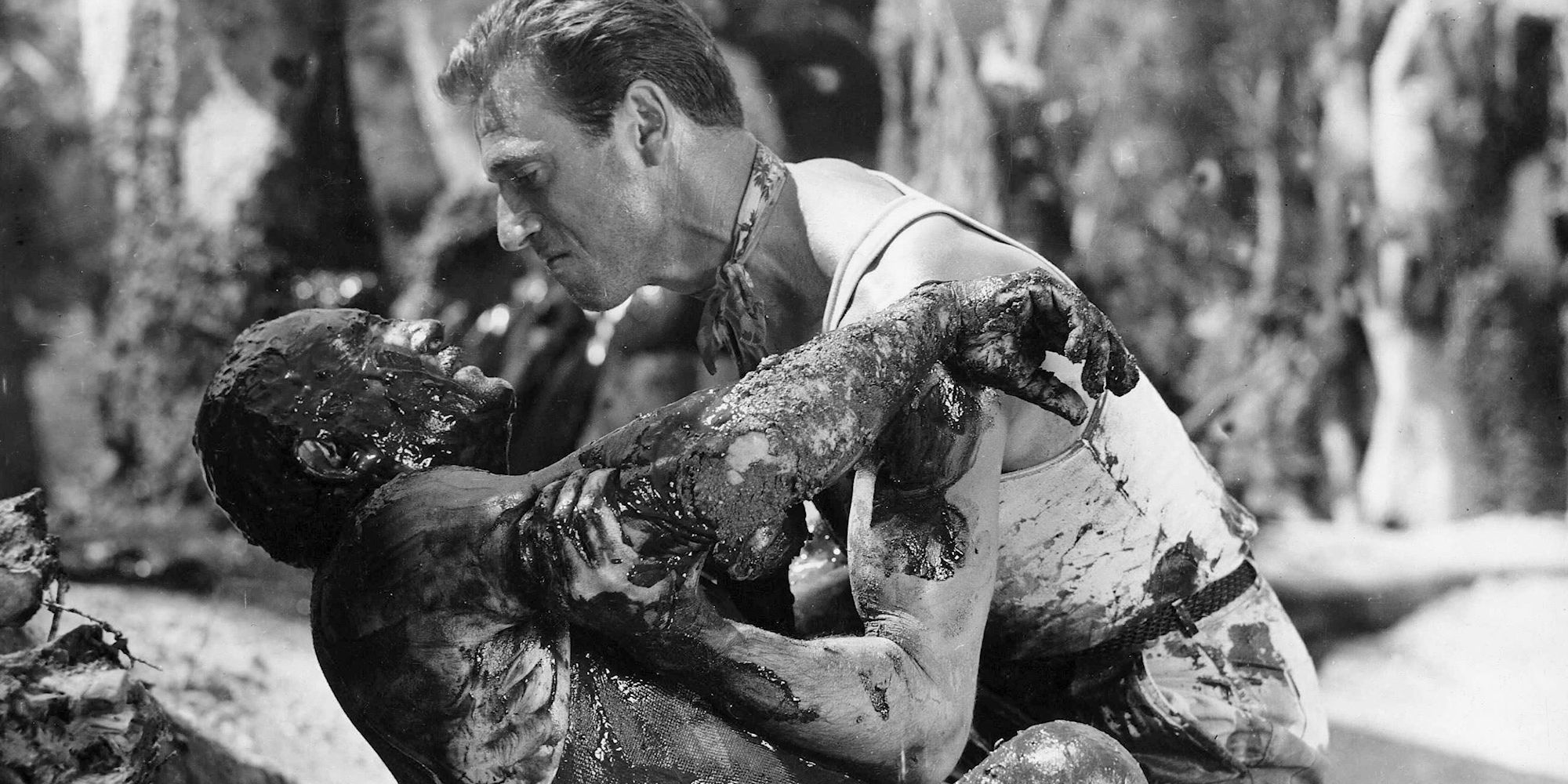
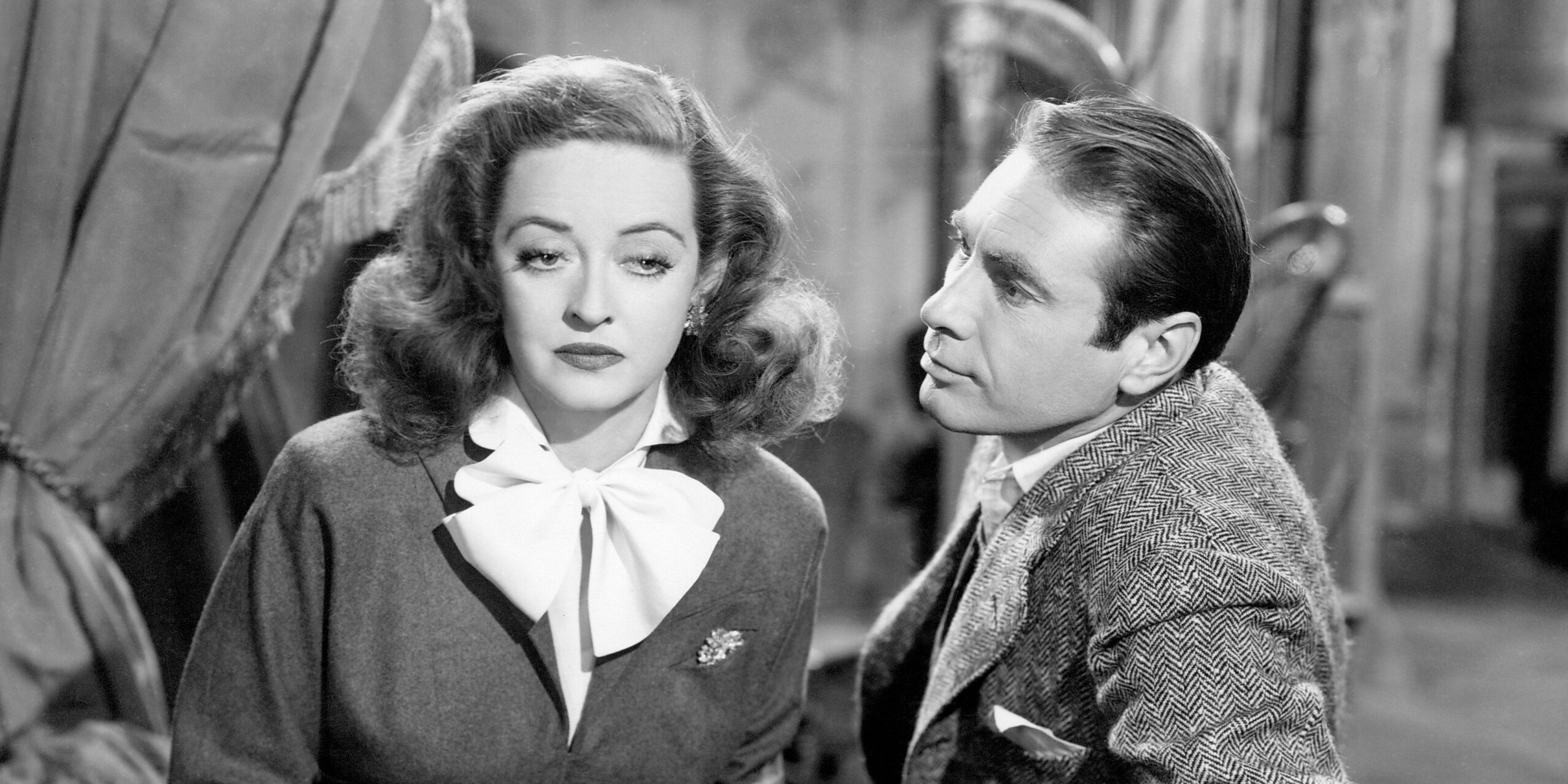
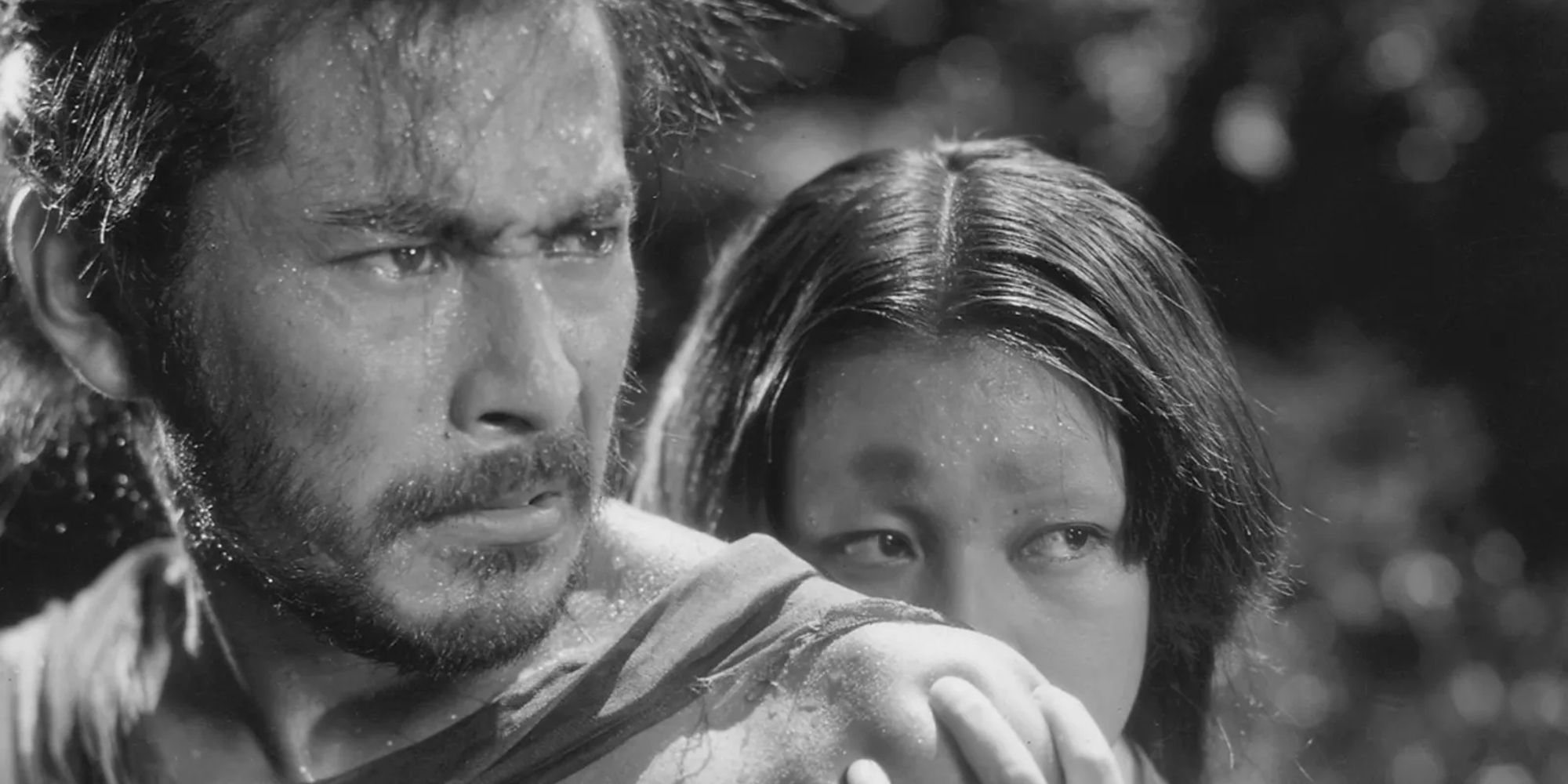
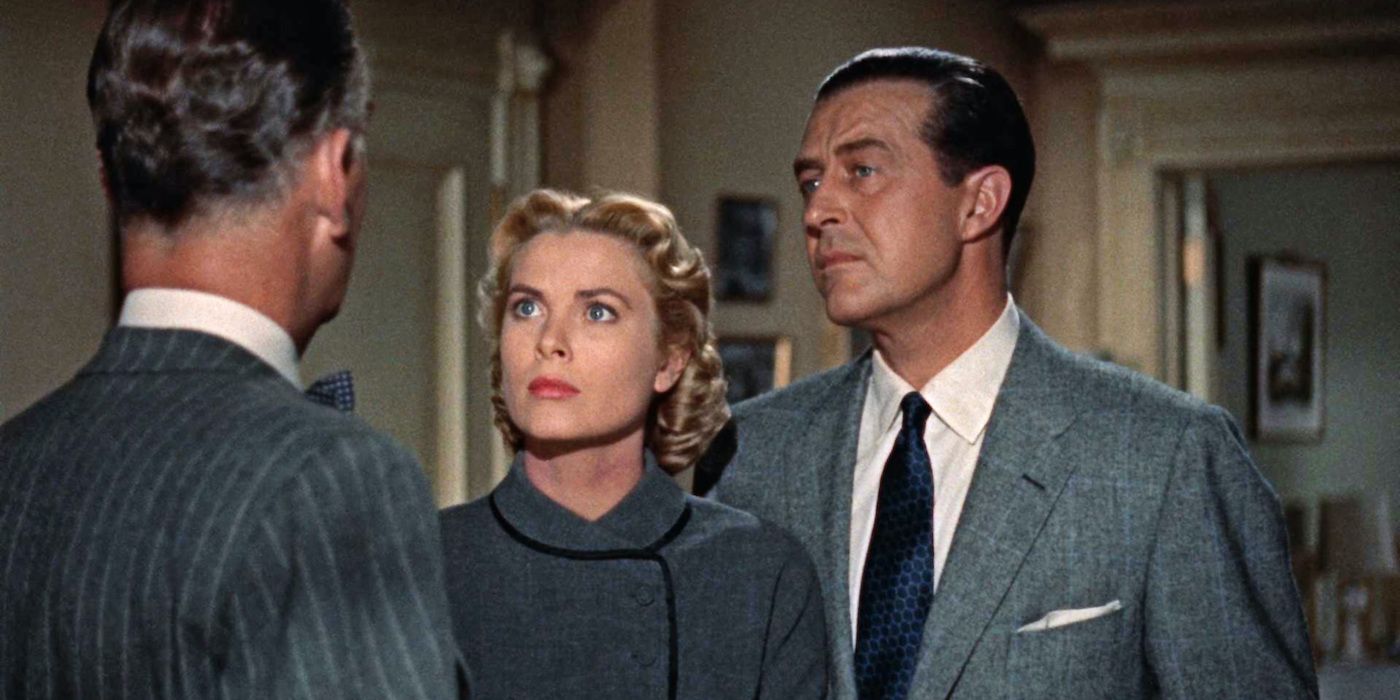
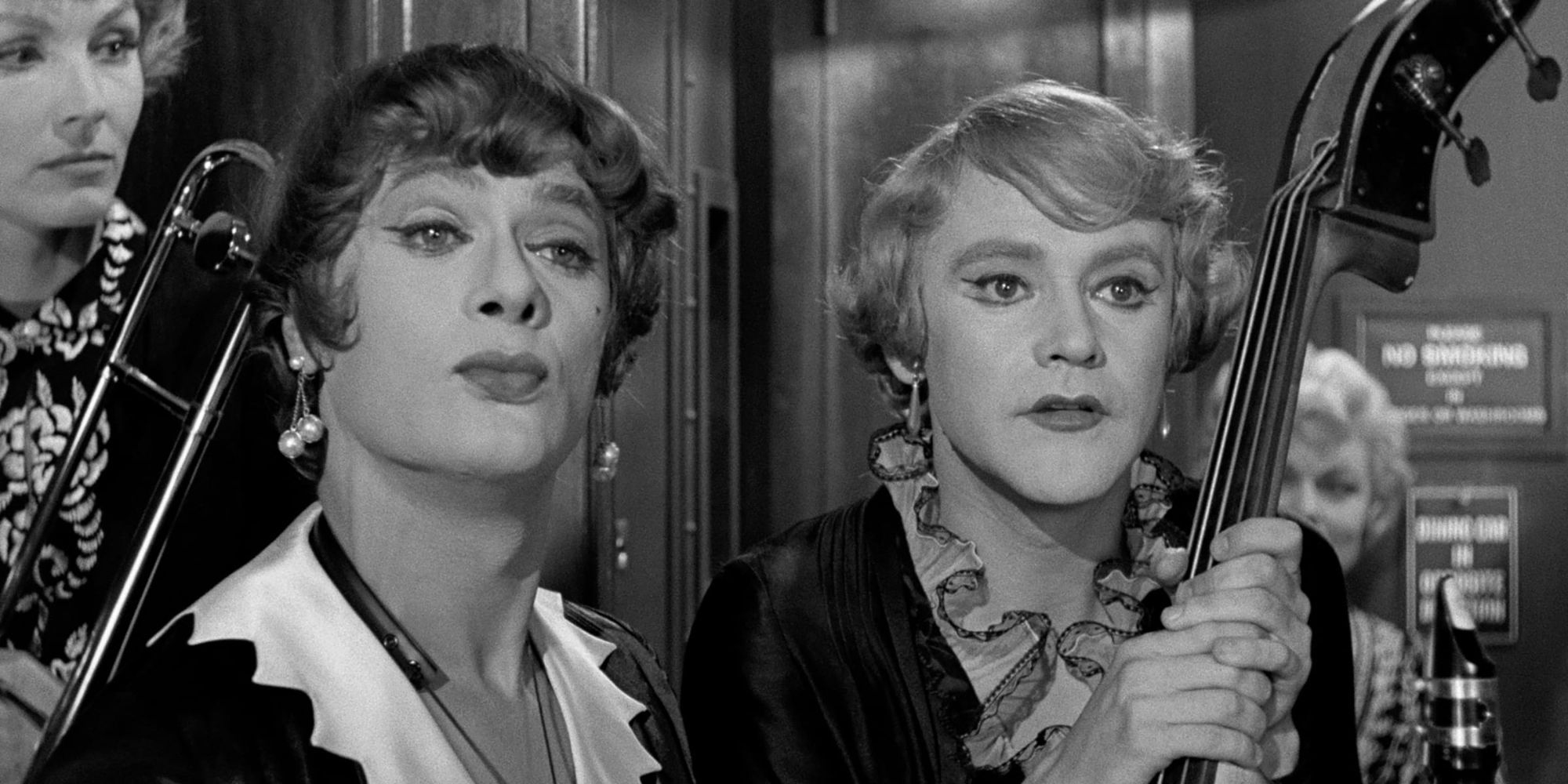
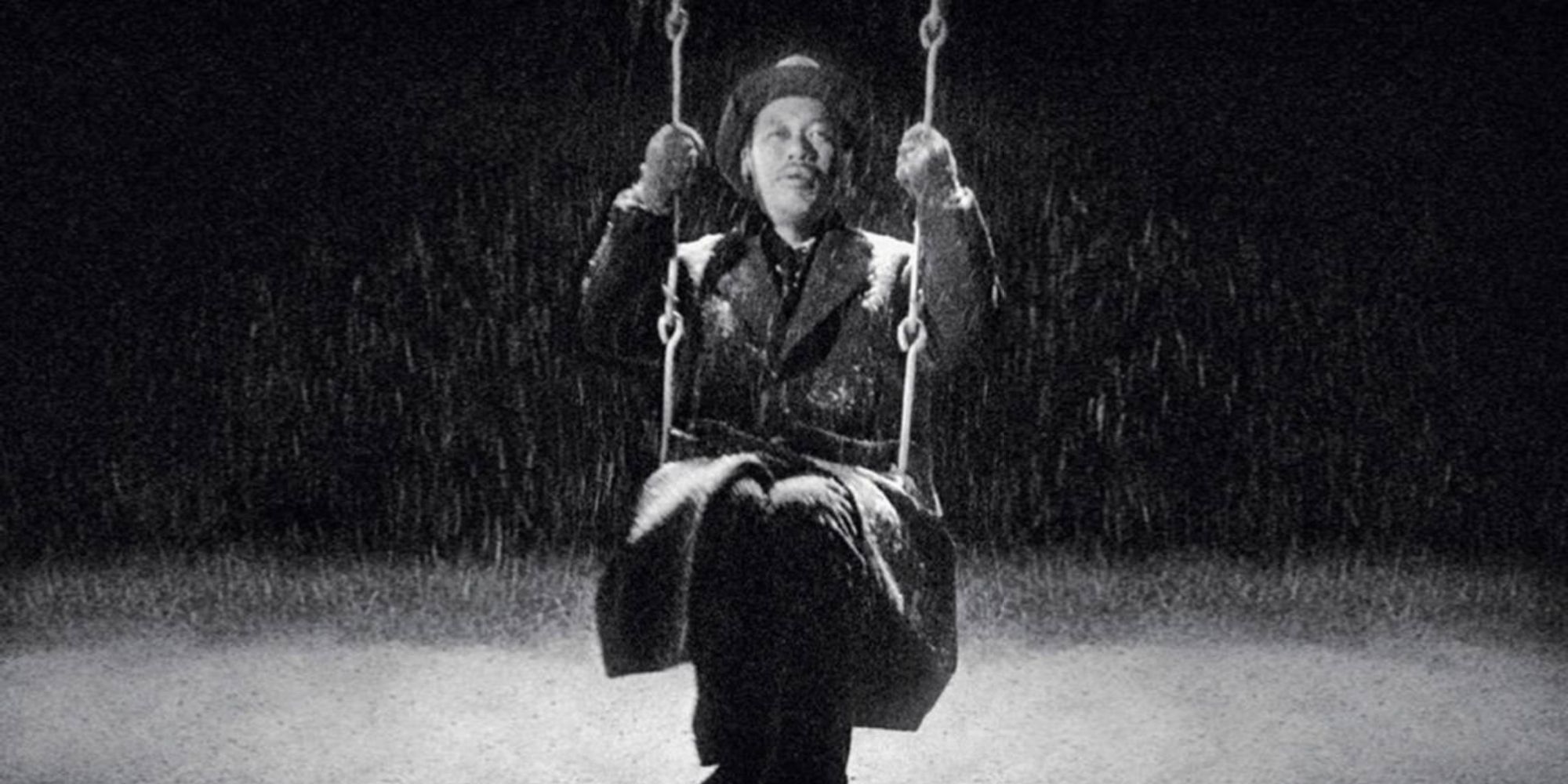
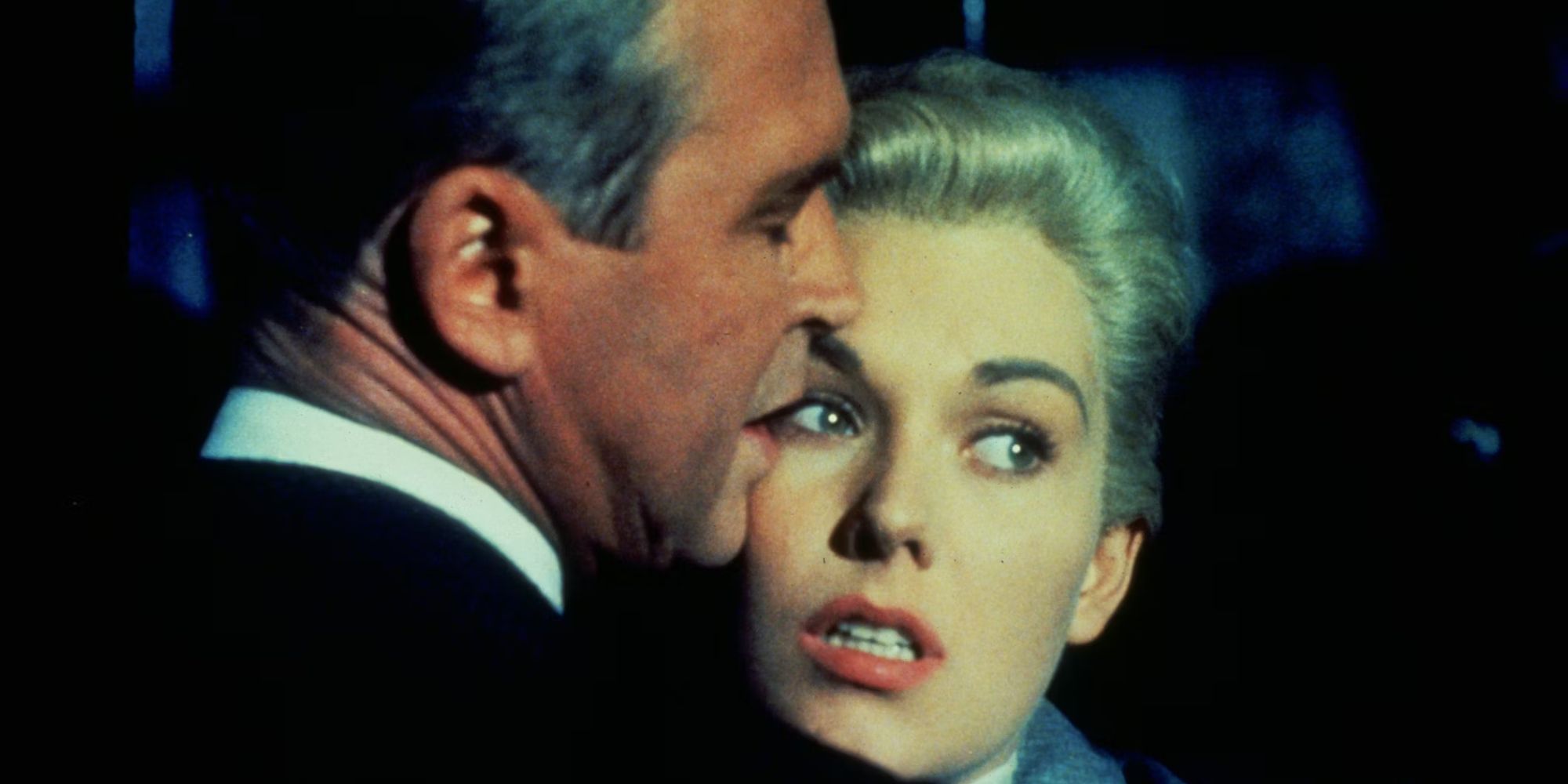
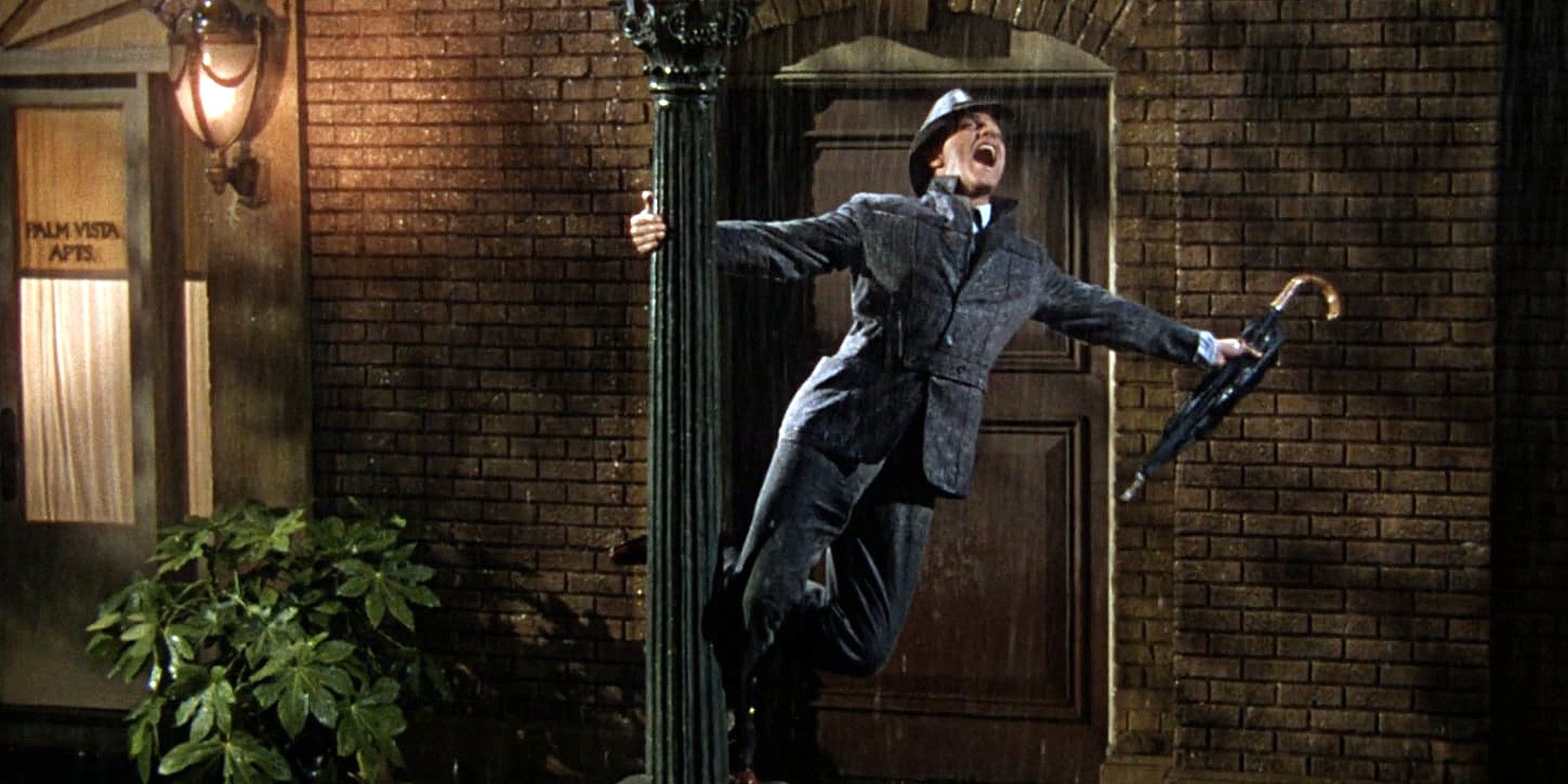
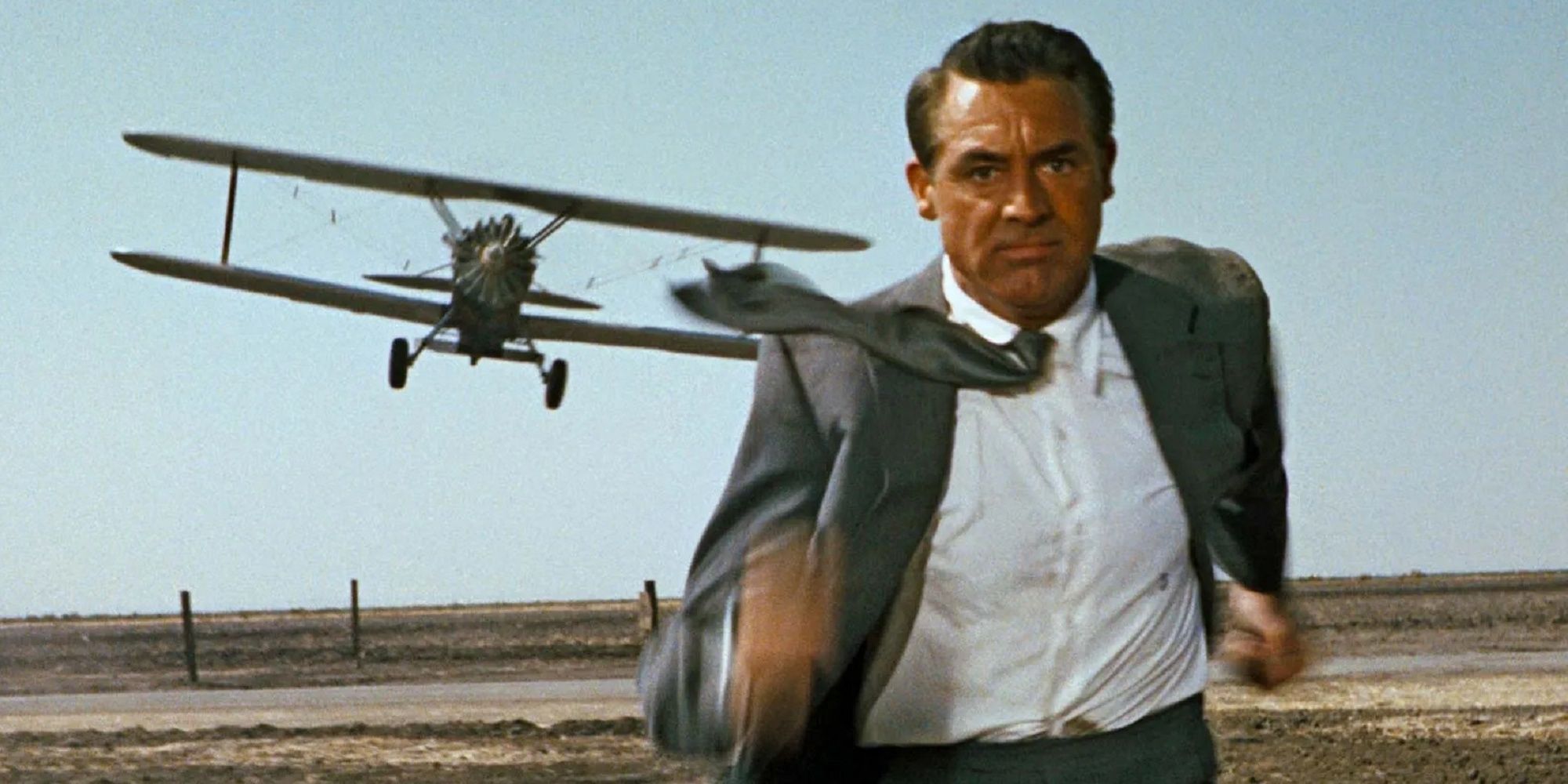
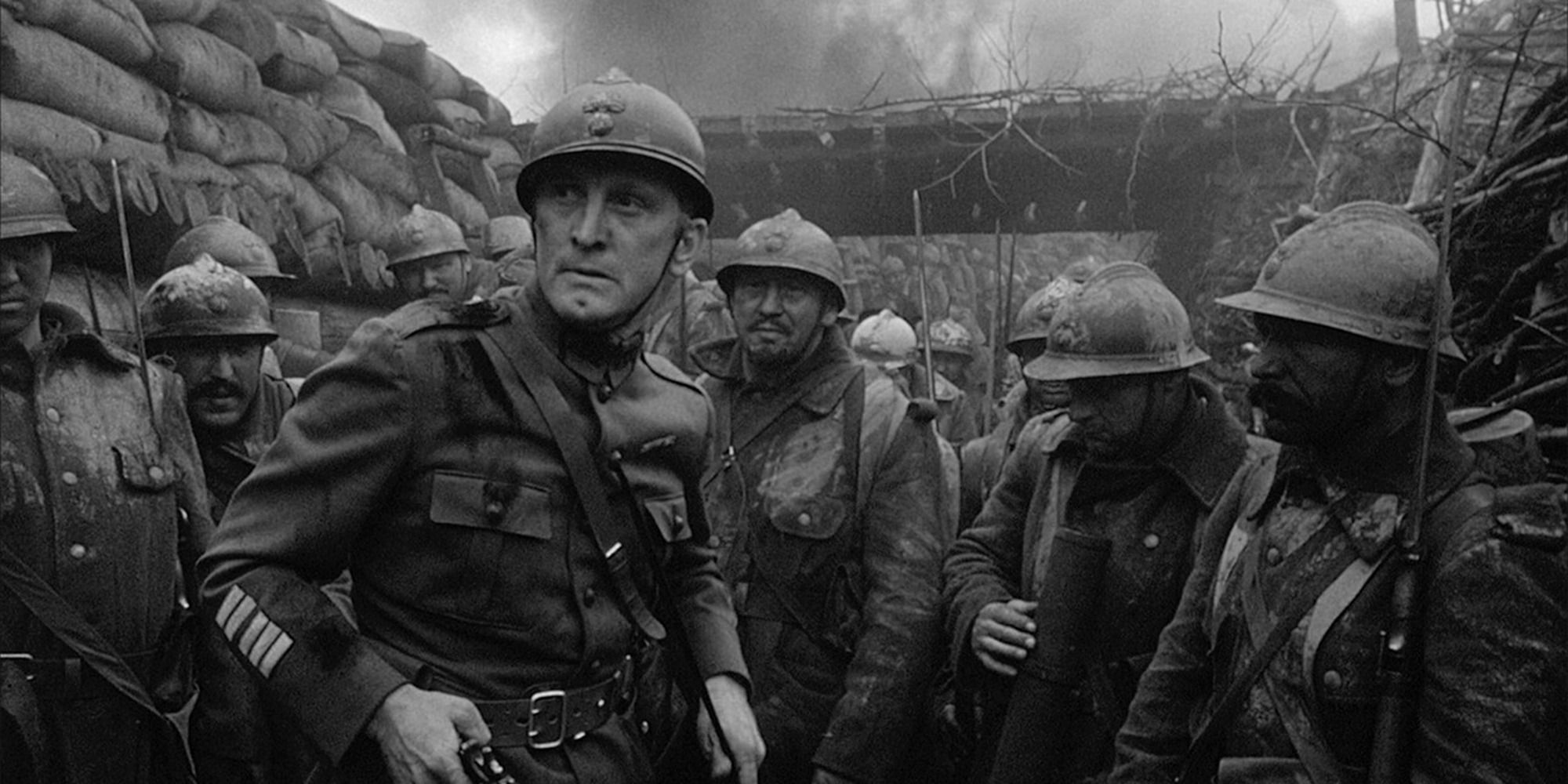
-10.jpg)
